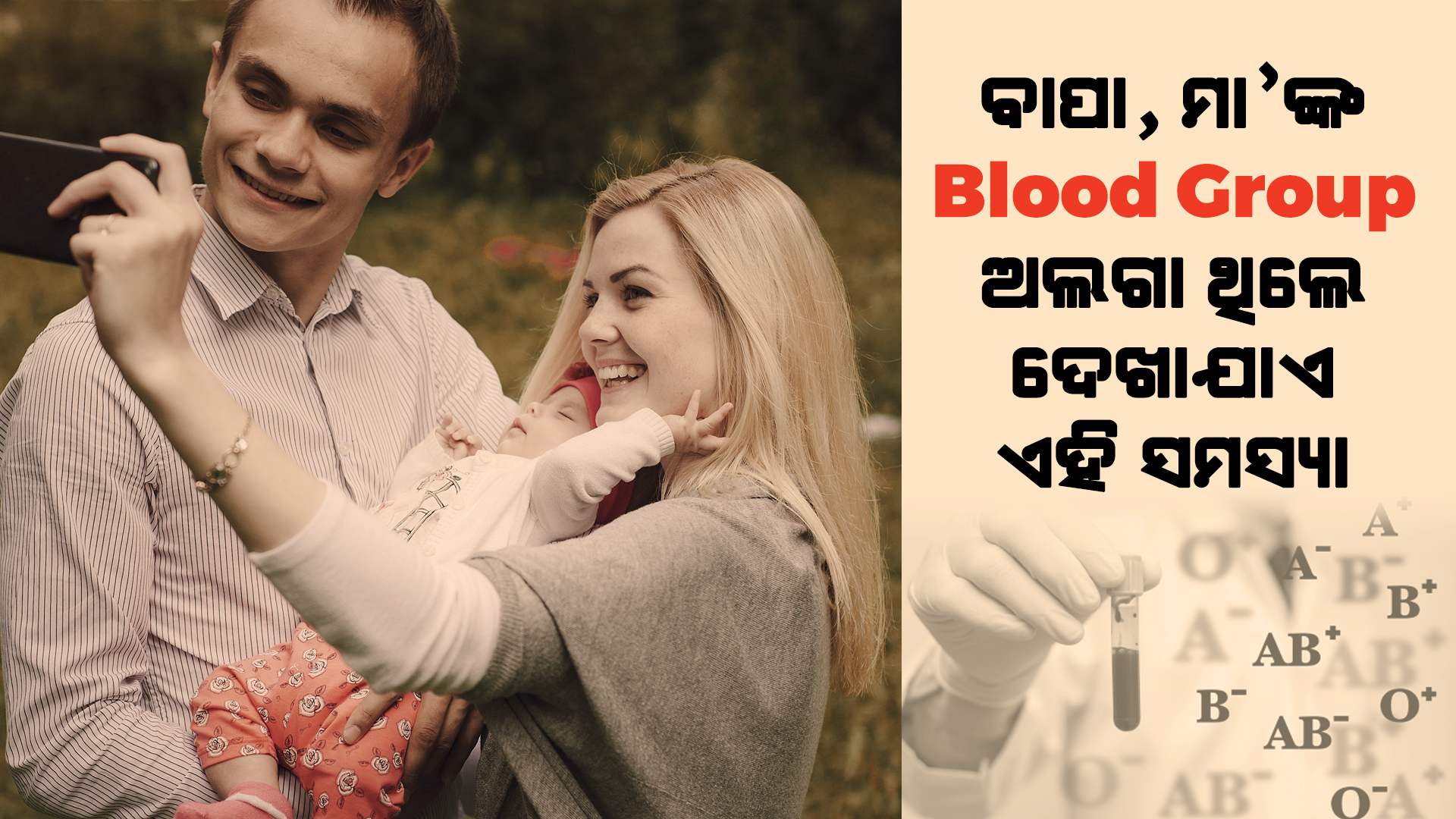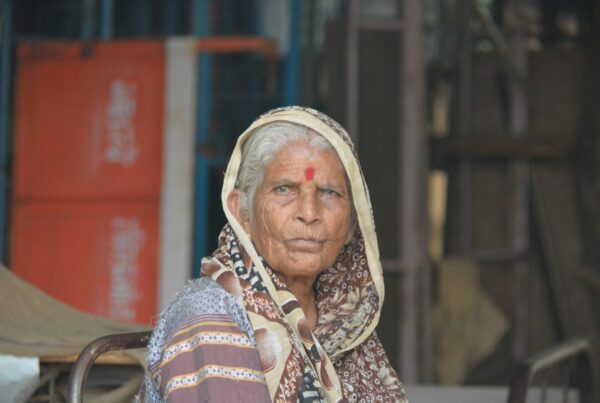Erythroblastosis Fetalis a consequential condition-
As we all know that there are 4 types of blood group- A, B, AB & O. Moreover, blood can be either Rh positive or Rh negative. So, if someone’s blood group is O then, he/she must be either O positive or O negative.
Based on the above blood groupings, when a Rh negative mother is impregnated by a Rh positive father, there are chances that the baby has Rh positive antigen and then the chances of erythroblastosis occurs. In this case the baby’s Rh antigen will be perceived by the mother’s body as foreign invaders. As a result of which the mother’s RBC attacks the baby end up harming the child. Rh incompatibility isn’t of much concern for 1st pregnancy.
But, when the Rh positive child (1st child) is born, the mother’s body will create antibodies against the Rh factor. These antibodies will attack the blood cells if the mother ever becomes pregnant with her 2nd child.
SYMPTOMS
Babies who experience erythroblastosis fetalis symptoms may appear
- Swollen
- Pale
- Have large liver or spleen
- Jaundice
- Lethargy etc
Treatment
Glad tidings…. we do have a treatment to it also. It can be treated with a preventive measure called RhoGAM or Rh Immunoglobulin which can reduce a mother’s reaction to their baby’s Rh positive blood cells. This is administered as a shot around the 28th week of pregnancy. This shot is again given after 72 hours of birth of the baby if the baby is found to be Rh positive. This prevents the mother in case of any remaining of the baby’s placenta in the womb. So, it can be treated with proper guidance from the physician.
So, it’s very important to know the blood group of your partner before wedding and inform your physician about the same before you plan your family and all this process should be done under the supervision of your physician throughout the journey.




